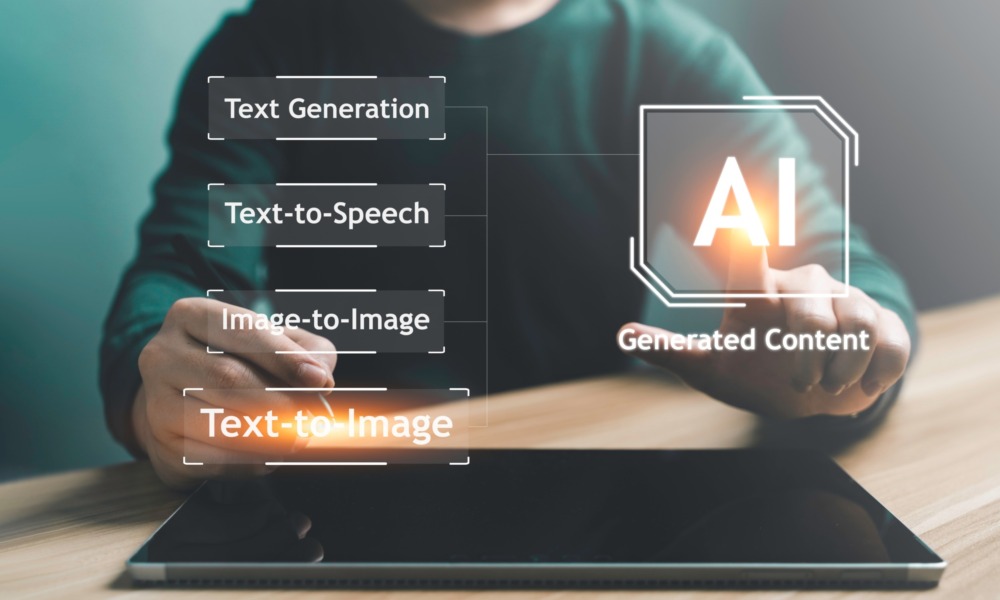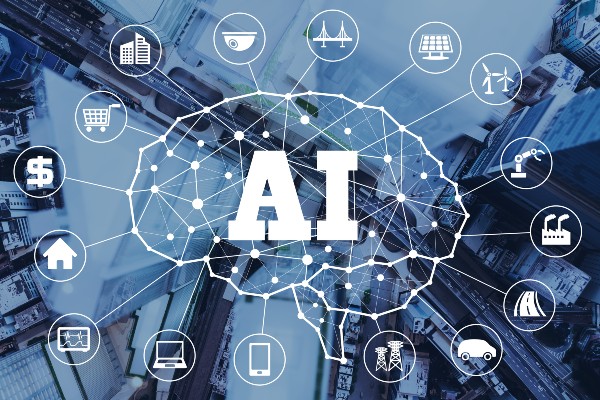The Future of Education: How AI Graders are Transforming Assessment

The landscape of education is constantly evolving, driven by technological advancements that promise to transform traditional systems. Among these innovations, AI graders stand out as a groundbreaking development poised to revolutionize the way assessments are conducted. As educational institutions aim to enhance efficiency, reduce bias, and provide personalized feedback, AI graders are emerging as a pivotal tool in modern education.
Increased Efficiency in Grading
One of the most significant advantages of an AI grader is its ability to streamline the grading process. AI graders, equipped with sophisticated algorithms, can evaluate large volumes of student work in a fraction of the time. This efficiency not only alleviates the workload on educators but also allows for quicker turnaround times, enabling students to receive timely feedback.
Reducing Bias in Assessment
Bias in grading has long been a concern in educational systems, often leading to unfair evaluations. AI graders offer a solution by providing a more objective approach to assessment. Unlike human graders, AI-based answer assessment is not influenced by personal biases, such as a student’s handwriting or previous performance. By focusing solely on the content and structure of the submission, AI-powered answer evaluation ensures a fairer and more consistent evaluation process.

Personalized Feedback for Students
Another transformative aspect of automated answer grading is its ability to deliver personalized feedback tailored to each student’s needs. Traditional grading often provides limited feedback due to time constraints, which can hinder student growth. An AI grader, however, can analyze individual strengths and weaknesses, offering detailed insights and suggestions for improvement. This personalized approach empowers students to take ownership of their learning, fostering a more proactive and engaged educational experience.
Integration Challenges and Opportunities
While the benefits of AI graders are clear, integrating them into the educational system presents challenges. One major concern is the reliability of AI algorithms, which must be carefully programmed and regularly updated to maintain accuracy. Additionally, there is the question of how AI graders can be effectively integrated into existing curricula without disrupting traditional teaching methods.
Educators and administrators must work collaboratively to address these challenges, ensuring that AI graders complement rather than replace human judgment. By doing so, they can create a balanced system where AI graders handle routine assessments, freeing teachers to focus on more complex and nuanced evaluations.
Implications for Teachers and Students
The introduction of AI graders has significant implications for both teachers and students. For teachers, AI technology can be a valuable ally, reducing administrative burdens and allowing more time for direct interaction with students. This shift can lead to a more dynamic and engaging classroom environment, where teachers can focus on facilitating discussions and fostering critical thinking.
For students, AI graders provide an opportunity to receive immediate, constructive feedback, enhancing the learning experience. However, students must also adapt to this new form of assessment, learning to interpret and act on AI-generated feedback to improve their performance.
Inspiring the Future
The potential of AI graders to transform education is immense, offering a glimpse into a future where assessments are more efficient, equitable, and personalized. As educational institutions continue to embrace technology, AI graders will play an increasingly vital role in shaping the learning experience. By harnessing the power of AI, educators can create an environment that inspires students and prepares them for the challenges of the modern world.
Conclusion
AI graders are not just a technological novelty but a transformative force in education. Their ability to enhance efficiency, reduce bias, and provide personalized feedback holds the promise of a brighter, more equitable future for students and educators alike. As we look to the future, the integration of AI graders into education will undoubtedly open new doors for innovation and growth, revolutionizing the way we approach assessment and learning.





